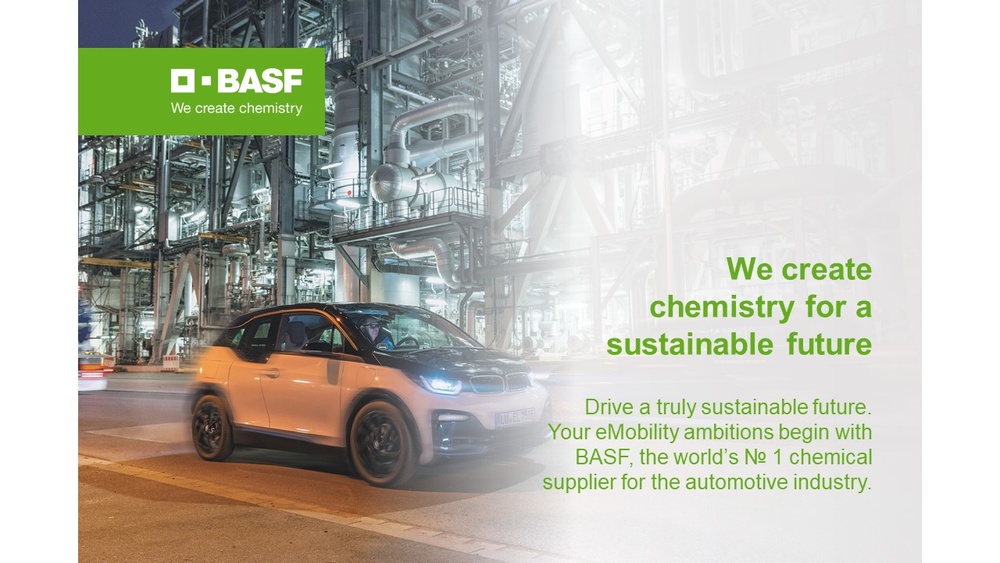9 December 2021

EU Taxonomy approved by EU member states: Finland and Sweden oppose
The controversial EU Taxonomy was recently approved by EU member states, and the first part of the rulebook will apply from 1 January 2022. A total of 13 EU member states, including Sweden and Finland, criticised and opposed the proposal. Both Scandinavian countries criticise difficult-to-understand and ambiguous technical criteria in the forestry sector which does not consider the climate benefits of sustainable forestry. Although the taxonomy was approved, the work is not over, and Finland needs to play an active role to hinder further weakening of the operational criteria for the Finnish forestry industry and economy according to Timo Jaatinen, Director General of Finnish Forest Industries Federation (Euractiv, STT Info, Demokraatti).
Steel manufacturers voice electricity needs to avoid project delays
Hybrit and H2 Green Steel are voicing the need for larger volumes of produced electricity if their industrial projects in the north of Sweden are to be successful and finalised without delays. For Hybrit, the situation is critical as it needs a new 50-km power cable from the Lule River to its planned facility in Vitåfors – “If we do not receive the electricity in time, the project is delayed. If we do not have electricity, the production is delayed,” says Eva Vitell, who recently left her role as CEO at Hybrit. For H2 Green Steel, a power cable is available in proximity to its facility area but needs a faster construction of surrounding infrastructure to support the company’s planned expansion plans which doubles its capacity by 2030. Large wind power projects need to be approved and delivered if the large fossil-free steel manufacturers in the north are to deliver on the project deadlines according to Henrik Henriksson, CEO of H2 Green Steel (Dagens Industri).
Northvolt-partner Dongjin Sweden to build battery supply facility in Skellefteå
Dongjin Sweden was granted SEK 26.5 million from the Swedish Agency for Economic and Regional Growth (Swe: Tillväxtverket) for the transition into electrified car fleets. The South Korean company will build a SEK 800 million facility in Skellefteå close to Northvolt’s facility, in order to supply the battery manufacturer with battery materials. Dongjin expects to recruit 80 employees for the new facility (Dagens Industri).
Volkswagen invests in renewable energies: First wind park in Sweden
Volkswagen presented its plans of investing in wind- and solar power in order to reach its climate targets – emissions free by 2050. The car manufacturer entered a partnership with the wind power company WPD for the construction of a wind park in Skellefteå. After securing net-zero emissions from its production chain, Volkswagen is taking the next step by investing EUR 40 million in several solar- and wind projects in order to ensure that its electric vehicles are charged with green electricity (Dagens Industri).
What we’re reading
- Finland has building blocks for circular economy (Good News Finland)
About Nordic Green News
The Nordic countries are some of the most dynamic and successful economies in the world. They are also leaders in sustainability, from renewable energy, biofuels, carbon capture and storage and the hydrogen economy, circular economy business models and battery development, the Nordics are pioneers in policy design, technology development and consumer uptake. Mundus Nordic Green News is covering this transition for the international community. Every day we clip the stories of most relevance to international businesspeople and policy experts from the flow of news. Mundus Nordic Green Indices summarise the meta-data from our daily coverage to enable easy tracking of trends. We supplement these with our own opinion pieces and commentary.
